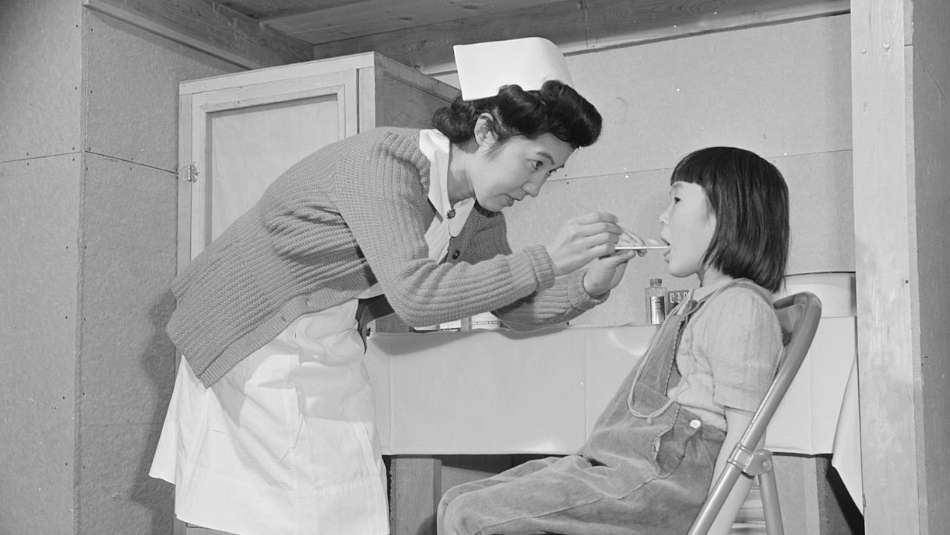When you’re a nurse, you’re one of the first a sick patient sees. Patients count on you for their care and compassion. It’s hard work, but it’s a fulfilling job. Nursing is in such high demand that the U.S. Bureau of Labor Statistics projects nursing jobs will increase by 16% by 2024.
However, there is a shortage of nurses in the U.S.
Not only in the U.S. but in Europe, Canada, Australia, Finland, etc. Pretty much everywhere in the world right now.
This is relevant information so that I can answer your better questions like do nurses get pensions or do school nurses get a pension.
Nursing schools are working hard to keep the current nurses they have while encouraging as many young people as possible to pursue a career in nursing.
Related articles:
Nurses are staying on the job well past their retirement ages because of the shortage and the recession.
Nursing can be a stressful job, but it can also be a lucrative one. But what a lot of people don’t think about is what happens when you retire?
New nurses often don’t think about retirement when they first start the job. However, it’s good to know the basics of retirement.
Do nurses get pensions or a 401K after retirement?
More than half of nurses aren’t as confident in financial planning as they are about their jobs. Therefore, some aren’t sure where to start when it comes to pension planning.
By the end of the article, you’ll not only learn about nurse pensions but how a nurse’s pension gets calculated when the nurse retires.
If you would like to know more about pensions before you get the know do nurses get pensions, check out this video made by a financial advisor, Susan Daley.
Table of Contents
Do nurses get pensions?
According to U.S. News, 42% of registered nurses receive pension payments by the time they retire.
If a registered nurse works in a hospital they are more likely to receive pensions than anywhere else. Most companies are choosing 401K over pensions, but nursing is one of the jobs where there is a high number of pension payments.
One thing to remember with nursing pensions is they’re not all created equal.
One state could have a better pension plan than another state.
It’s heavily dependant on what state you’re working. Whether you’re in a school, private practice, or a hospital can have an impact on your pension, too.
Here’s a quick recap about nursing pensions:
- Nurses who work in a government job are more likely to receive a pension payment than those that work in the private sector.
- If a nurse joins a nurse’s union, then they are more likely to have a pension than a nurse without a union.
- There are regions in the country that are more likely to offer pensions. In the Northeastern part of the United States, nurses are more likely to end up with a pension than a 401K.
First and foremost, most nurses will end up with a pension by the time they retire.
Do school nurses get a pension?

The internet has a lot of forums of nurses talking about the benefits their states provide them.
Hospital nurses and school nurses have different versions of pensions.
While hospital nurses see a bigger paycheck than school nurses, school nurses often talk about how their pension is slightly better.
When you become a school nurse, you work for the government.
See also: School Nurse Interview Questions
The pay is low because the money is coming from tax dollars. Because it’s a government job, you have access to a pension in your state.
Interested in nursing salaries? Check out these articles of ours:
Most states have either a Public Employees Retirement System (PERS) or a State Employee Retirement System (SERS). Both of these are forms of government pension. Your state will offer one or both of these services to you.
See also: Is Nursing a Public Service Job?
With school nursing, you need to be careful though.
School nurses are often subject to budget cuts in schools, and the position can disappear one day. Some states offer flexible retirement plans, meaning you don’t lose your pension after changing jobs.
Others stop taking interest when you lose your job and have a grace period before you risk losing your pension.
Do nurses get final salary pension?

Do nurses get pensions on their final salary or not? Let’s find out.
When it’s time for a nurse to retire, a pension depends on their salary in their retirement year. In England, pension depends on the final wage or the highest salary in the last three years of a nurse’s service.
The U.S. has a similar policy with pensions.
In the state of New York, a nurse’s pension depends on the final average salary and that nurse’s age when he or she retires.
One woman in New York tripled her pension by regularly taking overtime. As a result, she became the highest-paid nurse in the state at the time she was working.
See also: Do Nurses Get Paid Overtime?
How are nurses pensions calculated?
A nurse’s pension is calculated by the age of the nurse and the final average salary.
Another way it could be estimated is by pensionable salary and your years of service as a public worker.
The most common way your pension gets calculated is by taking 2% of your income from the average final salary. Then, you multiply that for your years of service. You will end up with up to 60% of your working wage.
For another ten years, you could add another ten percent to your pension. Meaning you could get 70% of your salary, not 60%.
For example, if you worked as a nurse and were paid $80,000 per year, after thirty years, you could be getting up to $6,000 a month in pension payments.
However, that’s before taxes.
It’s time to wrap up all the things you have learned about nurses’ pensions.
See also: Do Nurses Get Hazard Pay?
Conclusion: Do nurses get pensions?
If you’re considering nursing as a job, look into retirement benefits as a reason to go into nursing. The job itself can be stressful, but depending on where you go, there is a lot of potentials to move up in the nursing world.
At times, the job is stressful. It can take a toll on your physical and mental health as a result.
But if you stay on the job until retirement, you could find yourself financially secure with a healthy pension payment every day.
The average age of a nurse starting is 30 years old. There is no better time to start planning your retirement than now. When you find an excellent financial planner, you can figure out the best pension plans and work towards that healthy pension.
At this point, you should know the answer to the question “Do nurses get pensions?“.
Do you want to learn some more about working as a nurse? Check out these articles of ours:
- Do Nurses Get Health Insurance?
- Do Nurses Make Good Money?
- How Often Do Nurses Get Raises?
- Do Nurses Need Malpractice Insurance?
- Do Nurses Take an Oath?
- Why Do Nurses Work 12 Hour Shifts?
- Are Registered Nurses Exempt or Nonexempt?
I’d really like if you could give this article a star rating. Thank you in advance! 🙂
